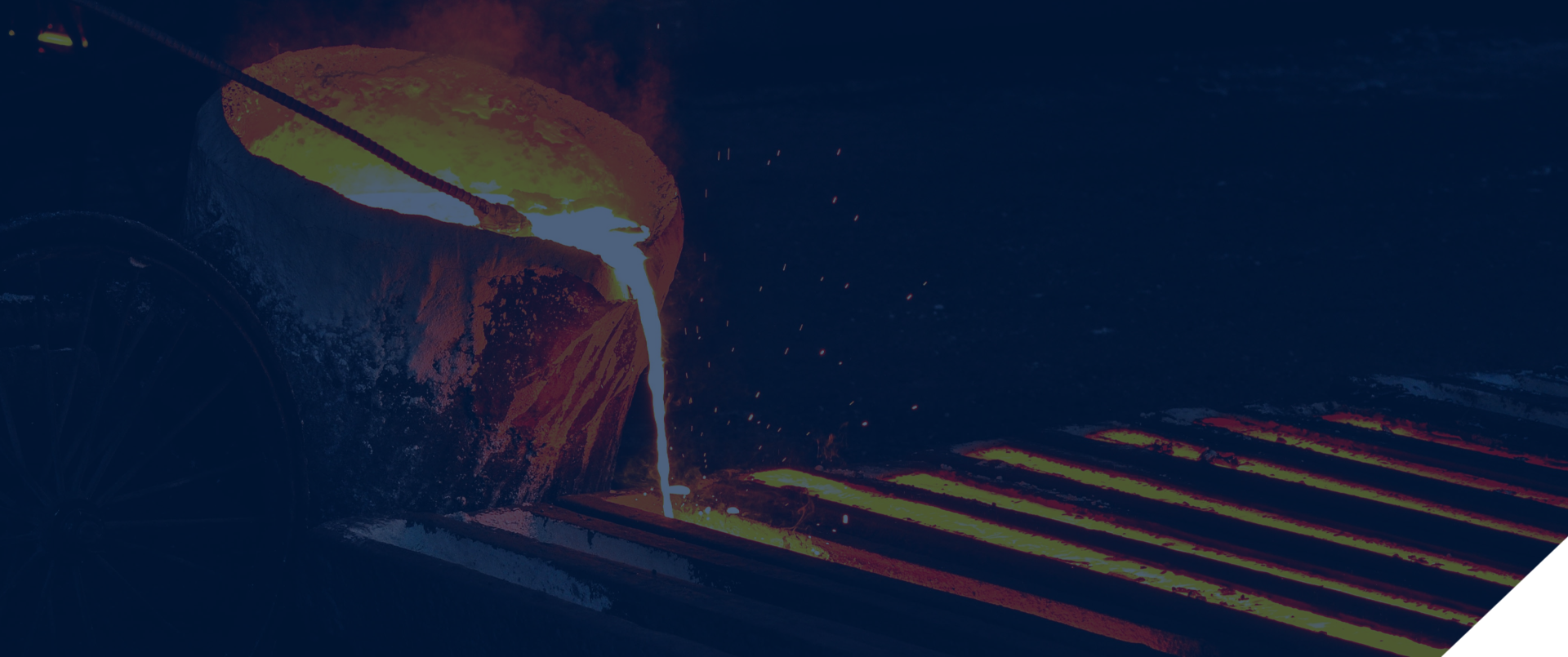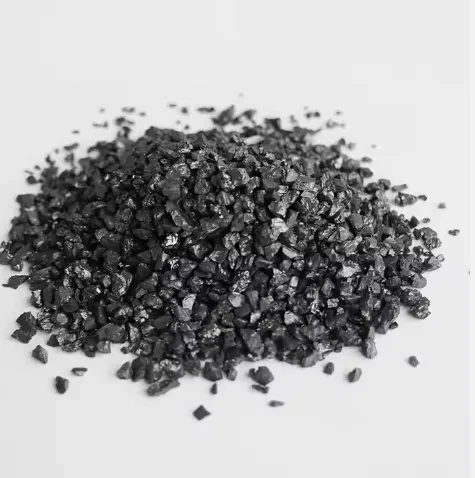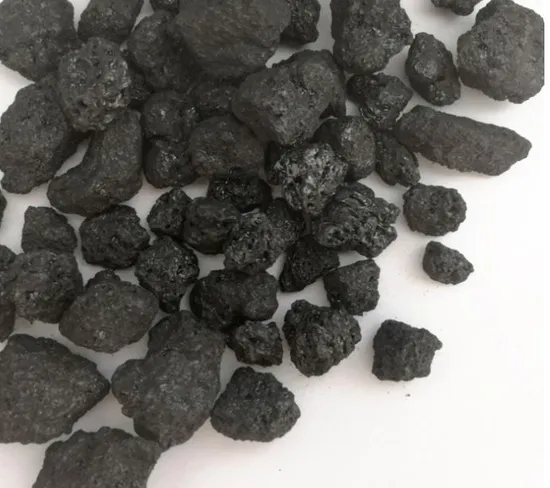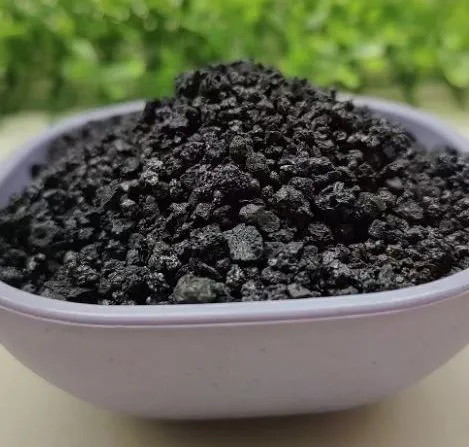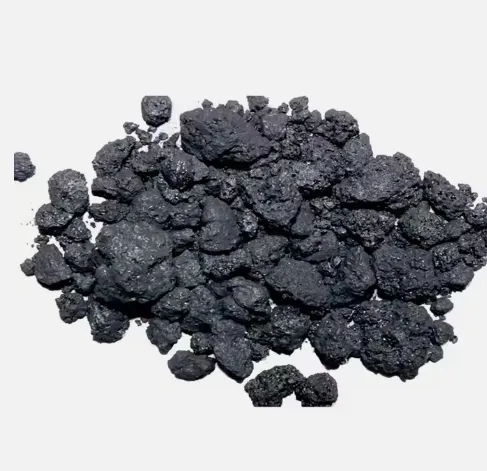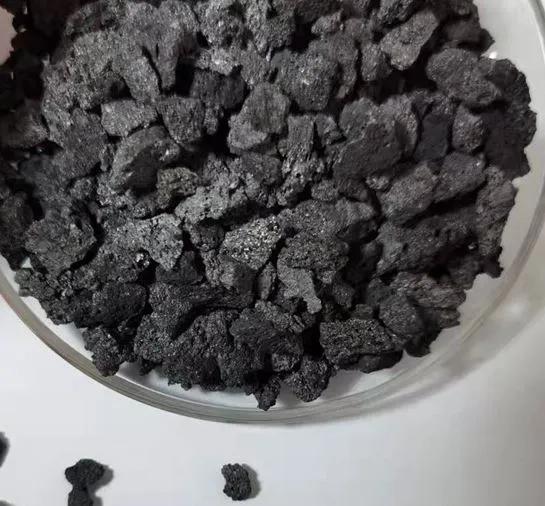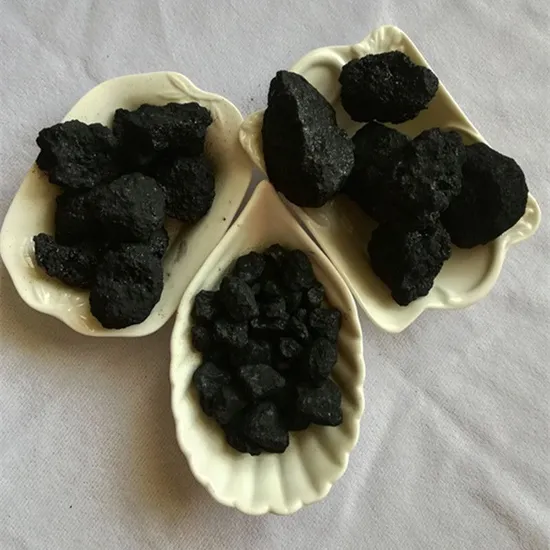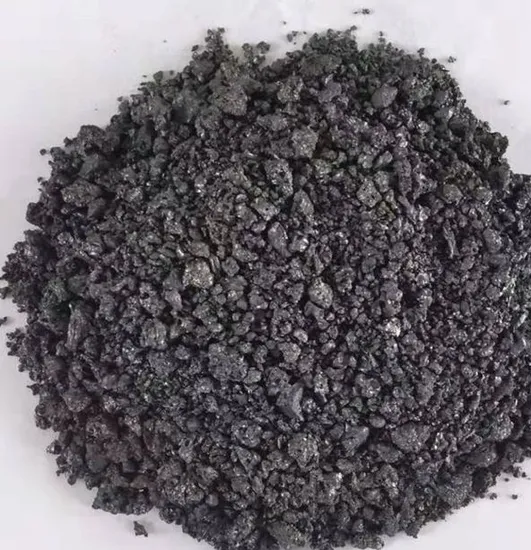- Englist


Petroleum coke, commonly known as petcoke, is a carbon-rich solid material derived from oil refining processes. It is typically black in color and has a high calorific value, making it an efficient fuel source. Petcoke comes in various grades—such as fuel-grade and anode-grade—depending on its sulfur and metal content. Fuel-grade petcoke is widely used in cement kilns and power plants, while anode-grade petcoke, with lower impurities, is used in aluminum and steel manufacturing. Its advantages include high carbon content, low ash levels, and cost-effectiveness compared to coal. However, environmental considerations such as emissions must be managed during its use.
What Is Petroleum Coke Used For?
Petroleum coke, or petcoke, is a carbon-rich byproduct of the oil refining process. It has a wide range of industrial applications due to its high carbon content, low moisture, and excellent heating value. One of the most common uses of petroleum coke is as a fuel source. Fuel-grade petcoke, which typically contains higher levels of sulfur and heavy metals, is widely used in cement kilns, power generation plants, and other industrial furnaces. Its high calorific value makes it an efficient and cost-effective alternative to coal.
Another important use of petroleum coke is in the aluminum industry. Anode-grade petcoke, which is purer and has lower sulfur content, is used to manufacture carbon anodes for the electrolytic smelting of aluminum. This type of coke is also used in the steel industry, where it serves as a source of carbon in the production of steel and ferroalloys.
In addition, petroleum coke is used in the production of graphite electrodes, which are essential in electric arc furnaces for steelmaking. Some specialty grades of petcoke are also used in the production of titanium dioxide, a white pigment used in paints, plastics, and paper.
Despite its many industrial uses, environmental concerns exist due to its high sulfur content and potential for air pollution. As a result, strict regulations and advanced emission control systems are often required during its combustion.
How Do You Make Petroleum Coke?
Petroleum coke, or petcoke, is made during the oil refining process. When crude oil is heated in a coker unit, the heavier fractions break down through thermal cracking. This leaves behind a carbon-rich solid material called petroleum coke. After the process, the coke is cooled, crushed, and sometimes further treated depending on its intended use, such as in fuel, anodes, or industrial materials. Different types of coking, like delayed coking or fluid coking, produce slightly different forms of petcoke.
